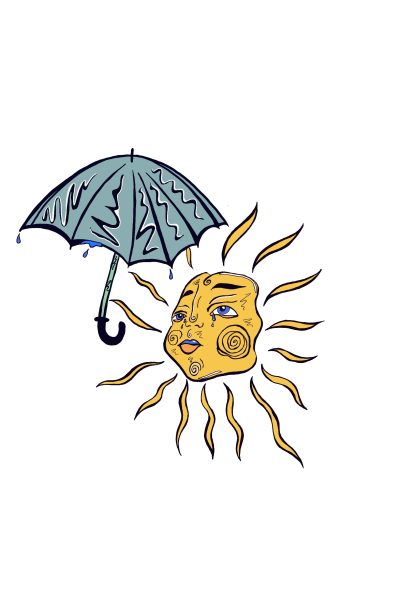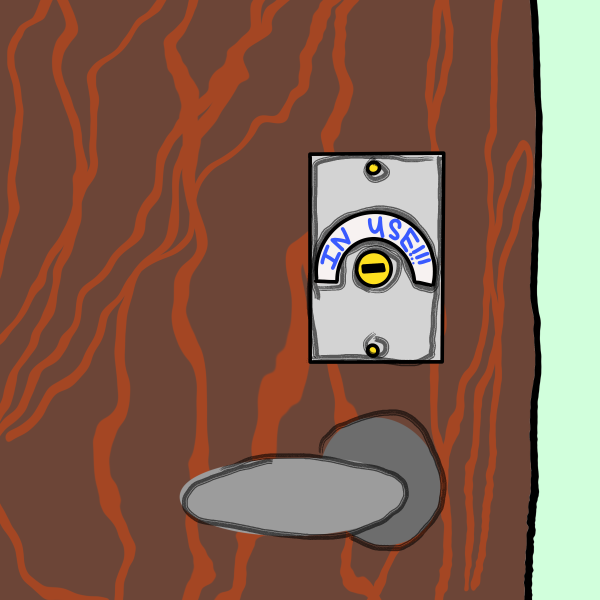Il buono, il brutto, il cattivo
Leonardo DiCaprio walks away from the Oscars with his first win, but scores of others continue on unheard.
March 10, 2016
Sergio Leone’s “The Good, the Bad and the Ugly” is considered by many to be the greatest Western ever made. Its role as the capstone to the Dollars Trilogy served as the defining and stunning example of the newborn ‘Spaghetti Western’ genre. Initially resisted by the classic film society as childish and pedantic, Leone and his Italian, European and American counterparts forged a blazing trail through cinema. What was once considered “less than art” is now the staple of an era.
Clint Eastwood got his start in the Dollars Trilogy, and he skyrocketed to stardom along with the genre. On the sidelines stood a small Italian man—his weapon of choice not the revolver but the baton. He was billed only as the illusive “Dan Savio.” The soundtrack he’d composed and orchestrated for the trilogy ebbed and flowed alongside Leone’s jerky cinematography, harsh violence and black comedy. To accommodate a wholly new style of film, he conducted a wholly new kind of sound. Abandoning many of the classic stringed instruments, and adapting to a low budget, “Dan Savio” made use of gunshots, cracking whips, whistles, voices, jaw harp, trumpets and the new Fender electric guitar to accompany Sergio’s work.
What resulted completely and irrevocably changed the world of musical scoring.
“Dan Savio” (now going by his true name, Ennio Morricone) stayed aboard Sergio’s Dollars Trilogy to the end. When “The Good, the Bad and the Ugly” was released in 1966, its soundtrack was (and still is) hailed as one of the greatest and most original ever composed.
Ennio Morricone would go on to take his unique sound and style to new heights, composing soundtracks for other great Westerns: “Once Upon a Time in the West” and “The Mercenary”—and moving beyond this new genre to nearly every other. He quickly became one of the most highly regarded, experimental, and versatile composers of all time. He has gone on to influence great names of various musical genres, including Danger Mouse, Jay Z, Wu Tang Clan, Metallica, Radiohead, and Hans Zimmer. Over 120 artists have covered or sampled Morricone’s work, and as of 2016 the man himself has been credited in over 400 films and tv shows. John Williams, composer of the “Star Wars” soundtracks, has often cited Morricone as an inspiration to a new generation of music.
Morricone has won countless awards and honors over his 52—year career, though only rarely has the Academy of Motion Picture Arts and Sciences recognized him. He was nominated for his work in six films: “Days of Heaven” (1978), “The Mission” (1986), “The Untouchables” (1987), “Bugsy” (1991) and “Malèna” (2000), but they found little else to be impressed within his half century of compositions. This is indicative not only of their Original Soundtrack category selections, but of the award selections in general. When the Academy selects its winners—even its nominees—it often has more to do with political process rather than observation of talent. It’s no large secret that categories like “Best Actor”, “Best Picture” and “Best Director” hold larger sway than others. As such, the entire process becomes a large game of appeasement, with the Academy focusing more on supplying awards to past nominees who were snubbed of an Oscar for a prior performance. In addition to this, a film’s widespread success or acknowledgement often allows it better chances at garnering a hallowed golden statuette.
It comes as no surprise then that the numerous and subtle works of Morricone have fallen to the wayside of the Academy’s attention when compared to the far more mainstream compositions of, say, John Williams or Hans Zimmer. When they finally did turn their attention to the Italian Maestro, it understandably gained widespread applause from his colleagues. As Morricone’s name was called for Best Original Score for “The Hateful Eight”, he first embraced John Williams.
I felt a certain excitement at seeing the legend ascend the stairs, taking hold of the award he’d so long been due. As the 87 year old composer gave his acceptance speech, I couldn’t help but wonder how many times he should have done this before. How many of his masterful works went unnoticed by those outside his profession? On a similar note, it came to mind how many listening to him in that room were set upon the same road themselves, men like Roger Deakins or Gary Oldman.
How many great talents had come and gone without recognition from the Academy? A few come to mind: Robert Altman, Peter O’Toole and Alfred Hitchcock namely.
As Morricone closed his emotional remarks with a profound thanks to the Academy, I wonder if they truly deserved it.





